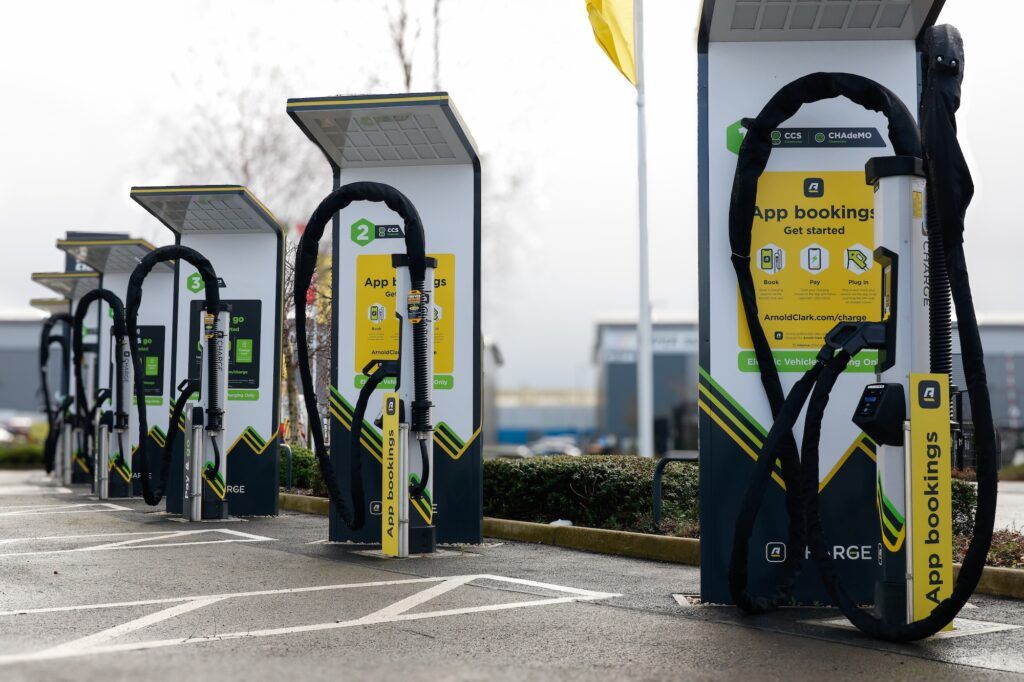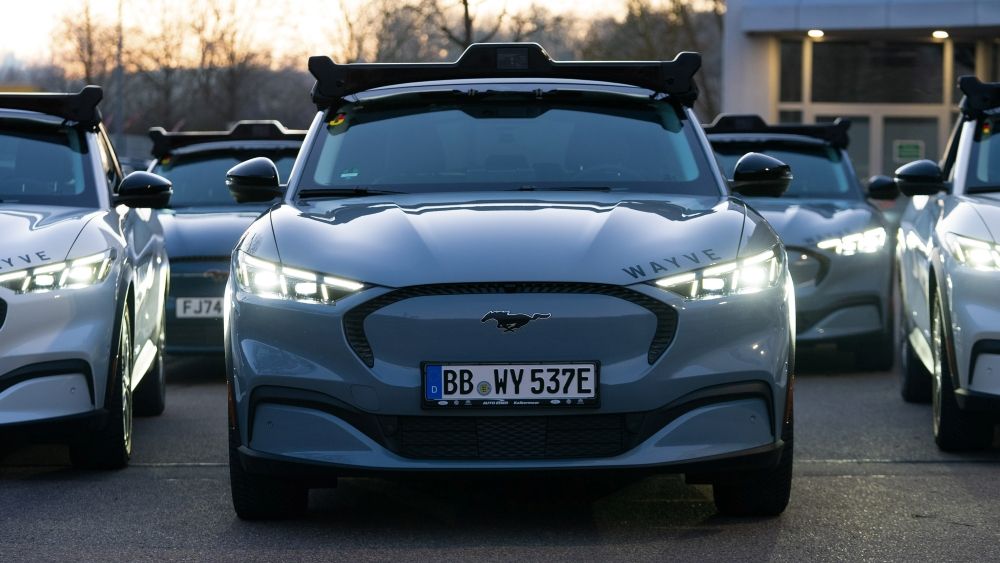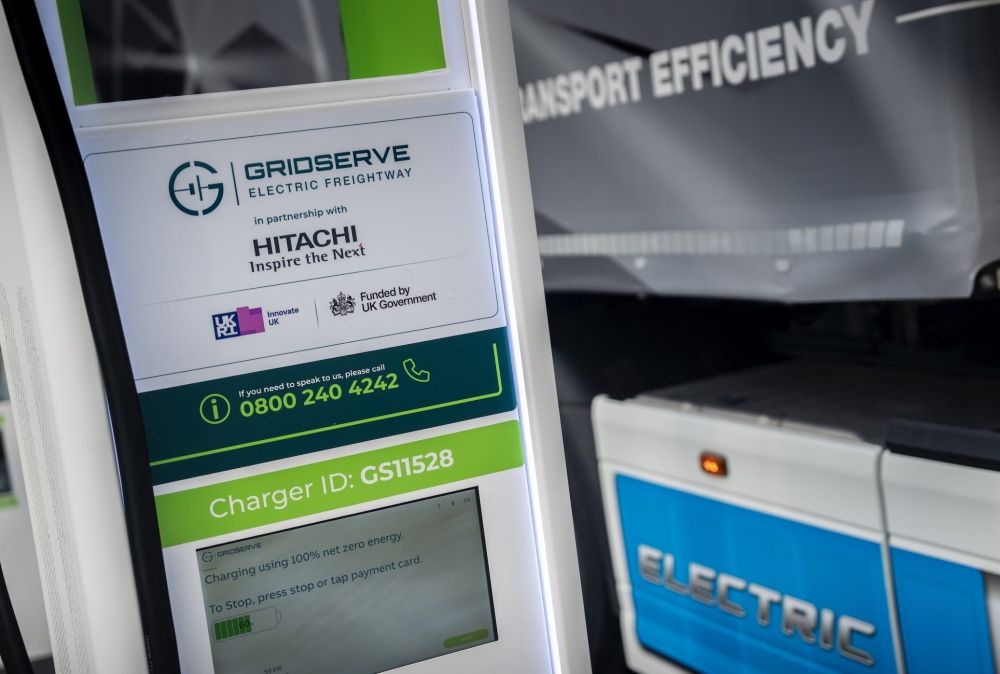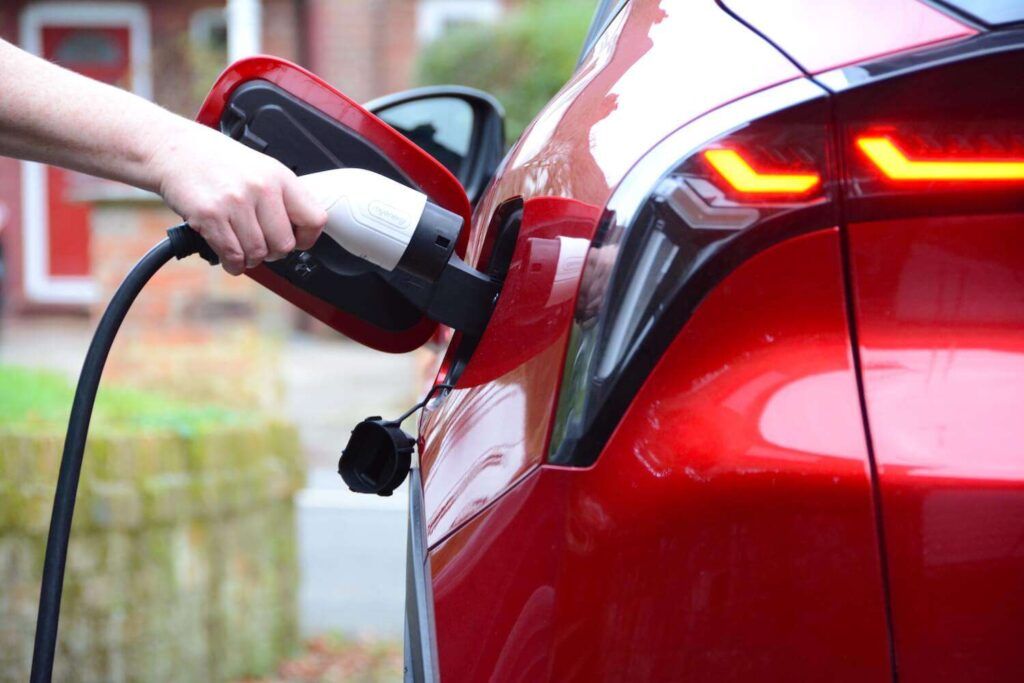The rules are changing on electric vehicles (EV) for Vehicle Excise Duty, which are due to come into effect from today (1 April 2025).
Despite calls from the EV sector for the UK Government to keep incentives such as free VED and axe the expensive car tax supplement in the Spring Statement, the policies are set to change for the next tax year.
As a result, EV drivers will now need to pay road tax for the first time, which is due to be backdated, meaning regardless when the vehicle was purchased you will now need to pay.
Electric, zero or low emission cars registered on or after 1 April 2025 will need to pay the lowest first year rate of vehicle tax set at £10 from 1 April 2025. From the second tax payment onwards, drivers will pay the standard rate of £195.
Electric, zero or low emission cars registered between 1 April 2017 and 31 March 2025 will pay the standard rate of £195. Electric, zero or low emission cars registered between 1 March 2001 and 31 March 2017 will move to the first band that has a VED value. This will be £20.
The £10 annual discount for hybrid and AFVs will also be removed, and the rate you will pay will depend on when the vehicle was first registered.
If the vehicle was registered before 1 April 2017 – this rate will depend on the vehicle’s CO2 emissions, and if registered on or after 1 April 2017 – you will pay the standard rate of £195.
Most electric vans will move to the standard annual rate for light goods vehicles, and electric motorcycles and tricycles will move to the annual rate for the smallest engine size.
New electric and zero emission vehicles registered on or after 1 April 2025 with the list price exceeding £40,000 will have the standard rate, as well as the expensive car supplement. This will be £425, paid for five years as of the car’s second year.
Zero emission cars first registered between 1 April 2017 and 31 March 2025 will also pay the £195 standard rate.
David Hall, VP of Power Systems UK&I at Schneider Electric, said about the changes:
“Cutting tax incentives for electric vehicles is like slamming the brakes on progress in the fight against climate change.
“Whilst we are seeing demand increase for both new and used EVs, we need to accelerate demand before the ban on petrol and diesel cars comes into force in 2030.
“The introduction of vehicle exercise duty today presents another speed bump on our path to zero emission travel.”
The Society of Motor Manufacturers and Traders (SMMT) has previously highlighted how reforming tax to incentive the purchasing of EVs would delay uptake.
It following research the carried out by Savanta after last September’s decision to delay the UK’s end of sale of new petrol and diesel cars and vans, from 2030 to 2035, which led to almost one in four drivers (24%) delaying their plans, while one in seven (14%) saying they now won’t ever make the switch.
Mike Hawes, SMMT Chief Executive, said:
“The Chancellor must end the perverse fiscal system that discourages drivers from moving away from fossil fuels and send a clear signal that the time to go electric is now.
“Success will see our economy powered up by zero emission mobility, delivering cleaner air, quieter roads and cheaper running costs, ending the uncertainty we are seeing amongst motorists.”
Image from Shutterstock












